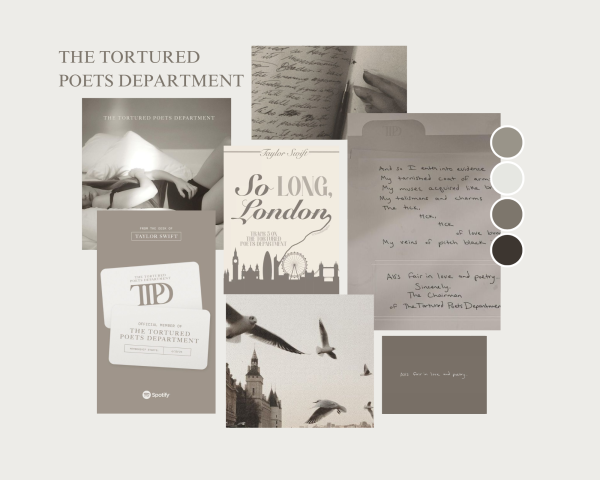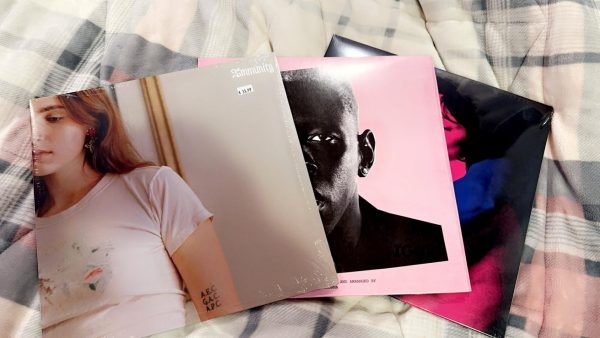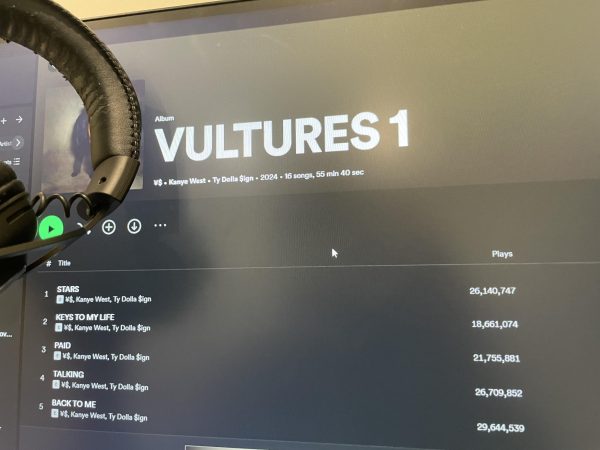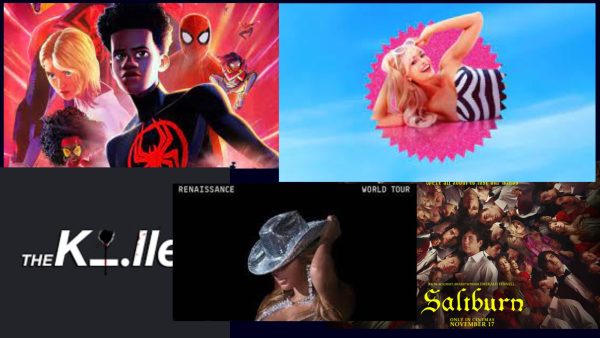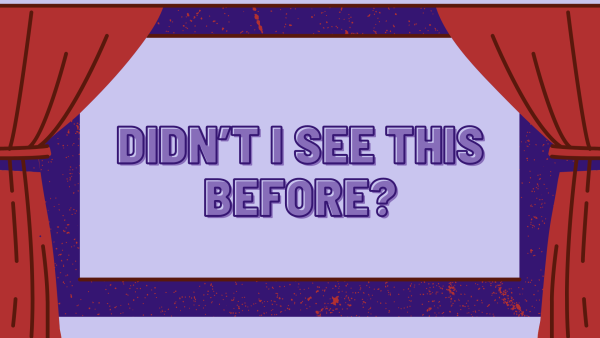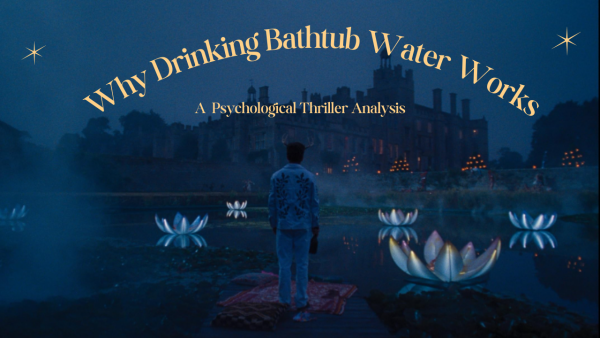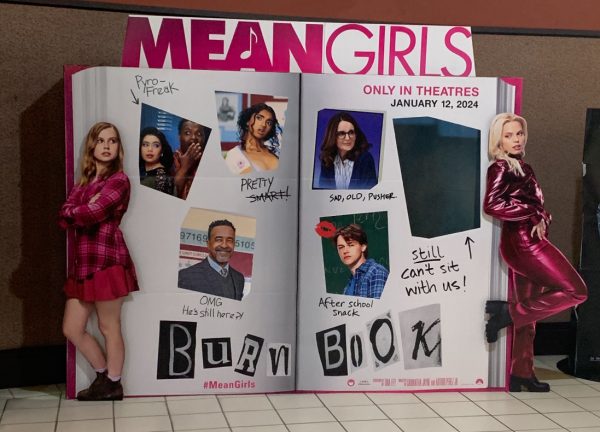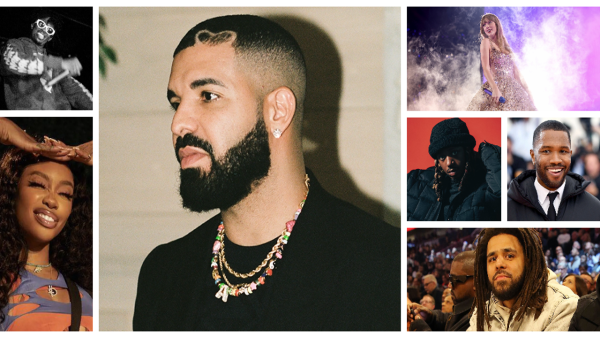The grand return of Fall Out Boy
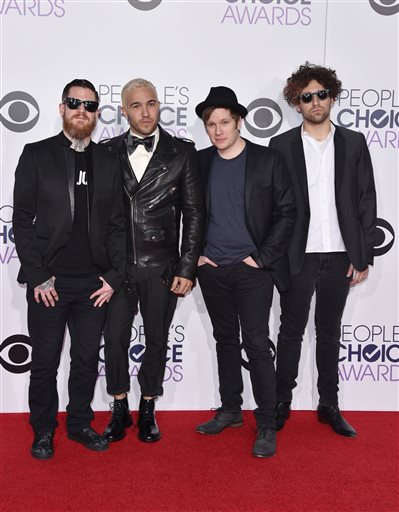
Andy Hurley, from left, Peter Wentz, Patrick Stump, and Joe Trohman of Fall Out Boy arrive at the People’s Choice Awards at the Nokia Theatre on Wednesday, Jan. 7, 2015, in Los Angeles. (Photo by John Shearer/Invision/AP)
Now this is the Fall Out Boy I remember.
A fanfare of trumpets announces their arrival and it’s three songs of raucous bridges and clever lyrics before they take a breath. The second album following Fall Out Boy’s four-year hiatus, American Psycho/American Beauty, is sure to be no sophomore slump, but rather the comeback of the year. The album is jam-packed with arena-ready hits, but also some of the strangest sounds their fans have ever heard. That’s what makes this album recognizable from the start. A far cry from their “pop-punk” of the early 2000s, it is clear that a new, genre-bending era has begun. What remains constant is their absolute fearlessness when it comes to making music, allowing for reinvention with each new record, and making their latest quite possibly the best cut yet.
Starting off with a verse fit for Kendrick Lamar, lead singer Patrick Stump showcases his versatility on “Irresistible,” an apt title for arguably the catchiest track on the album. The hip-hop influences are notable throughout with heavy layering of new sounds and production supplementing the typical guitar runs and drum breaks. The production gets a bit too chaotic though on the title track, making it the only one to sound immature in comparison to the rest of the compilation. The band’s first single off the album, “Centuries,” completes the first phase of heavy alt-rock and also introduces the predominant sampling used on the album. Initiating the song with a sample from Suzanne Vega’s “Tom’s Diner,” Fall Out Boy makes clear their intent to make musical history that is not bound by one genre.
Giving their listeners a brief reprieve, the album slows down with “The Kids Aren’t Alright,” one of, if not the strongest songs on the album. Stripping back the production and soundboards the band presents a melancholy, but hopeful ode to their conflicted past and fans. Showing off its diversity and rollercoaster-like quality the album goes from emotional rock-ballads like this, to dance hits like “Uma Thurman”-which even features a bit of the theme from Addams’ Family spin-off “The Munsters”- to moody, bluesy vibes like “Jet Pack Blues.”
Listening to the tracks individually, they could each belong to a very different album, but in typical Fall Out Boy fashion, the band pulls together their organized chaos into a strong record. The recognizably clever turns of phrases, strangely built bridges, and soaring choruses, all serve as the binding factors that make this album distinctly coherent and unmistakably Fall Out Boy. My list of albums from which I truly enjoy every track is small and selective, but American Beauty/American Psycho may have just earned a coveted spot.



